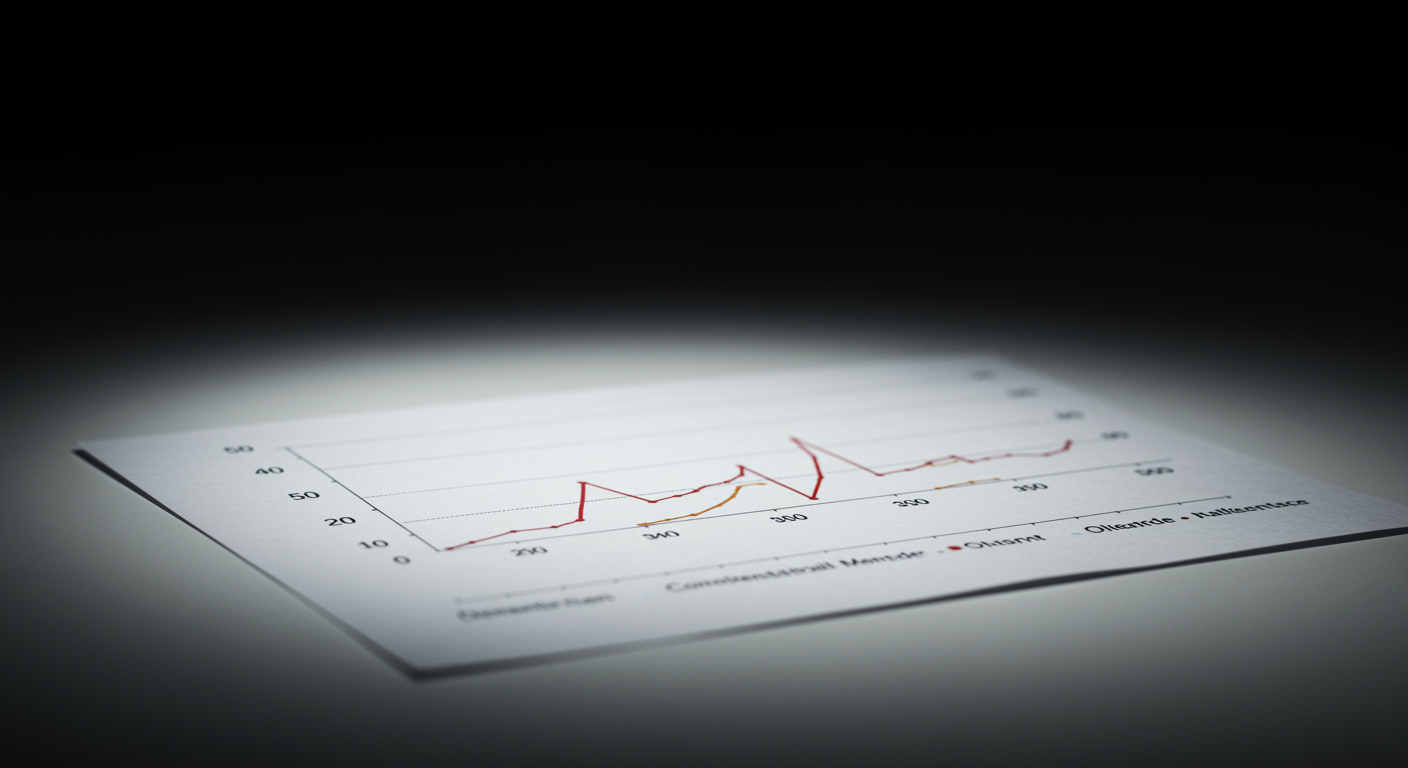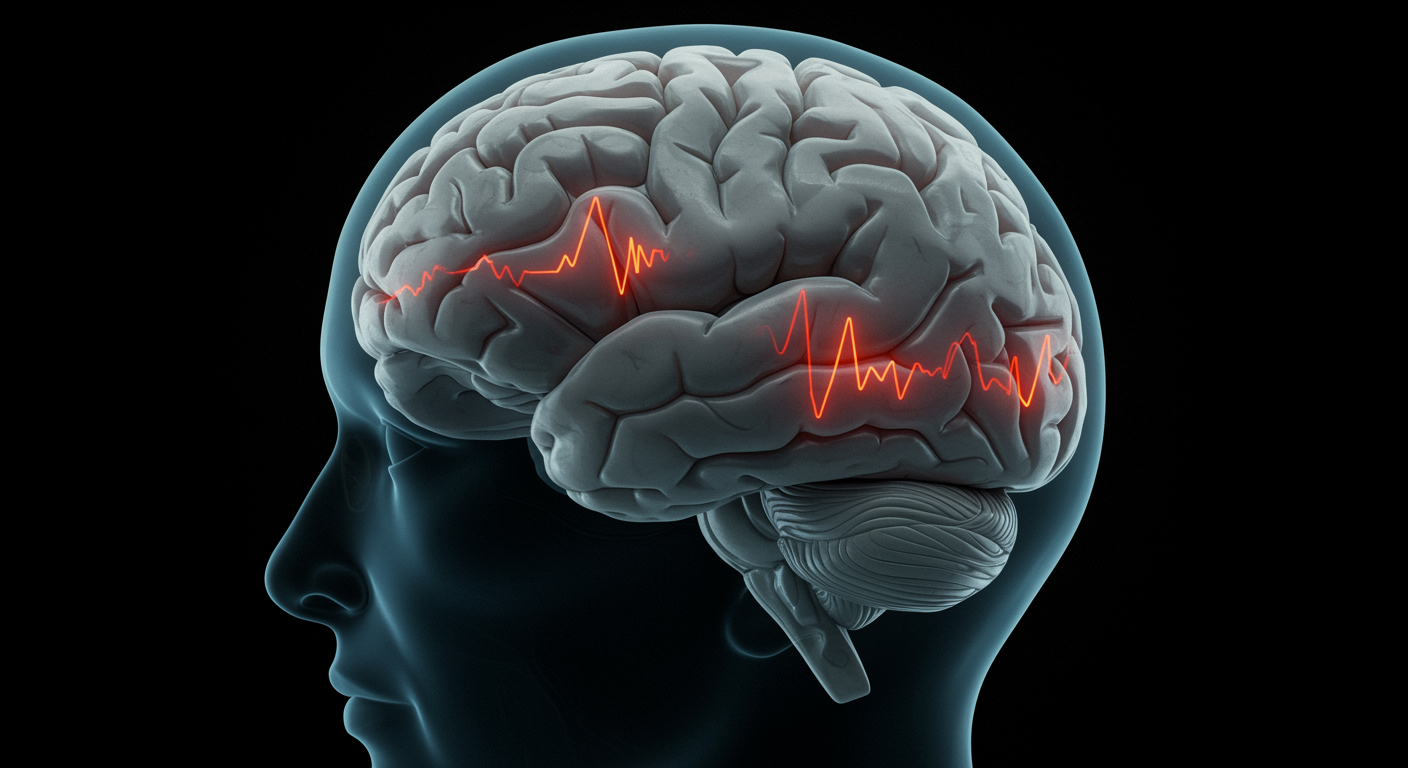Your Daily Cortisol Pattern: A Window Into Health and Disease Risk
Why Does Your Daily Cortisol Pattern Matter More Than Peak Levels?
Your daily cortisol pattern - specifically how steeply cortisol drops from morning to evening - is a powerful predictor of mental and physical health outcomes that often matters more than absolute cortisol levels. This meta-analysis reveals that flatter cortisol slopes (less decline throughout the day) are associated with increased risk of depression, anxiety, cardiovascular disease, cancer progression, and mortality, making cortisol rhythm assessment a valuable tool for predicting and monitoring health status.




